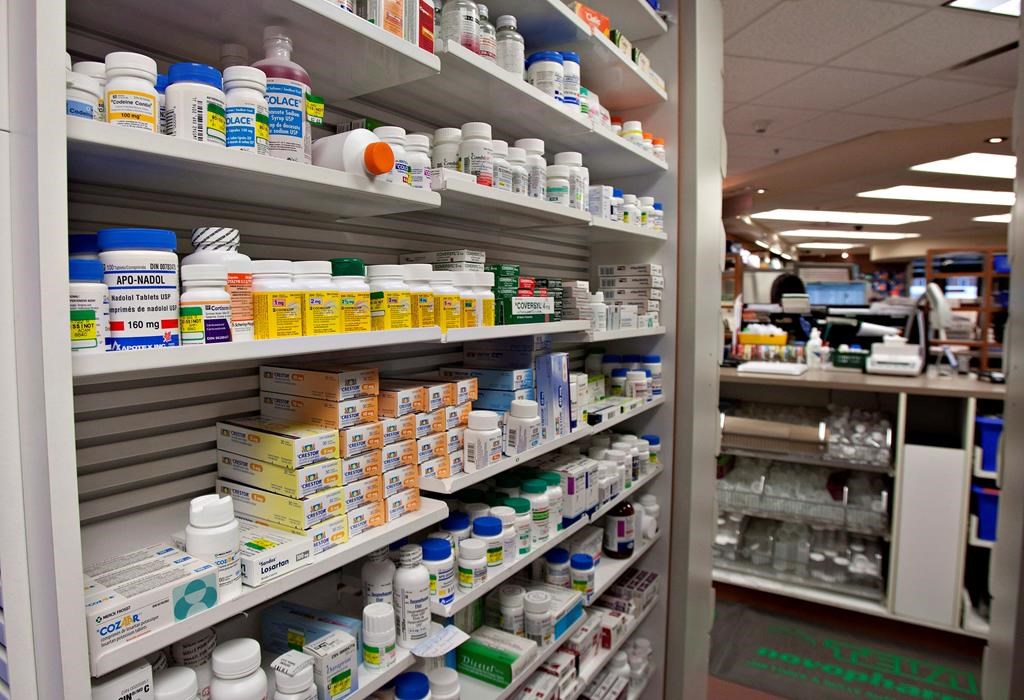How strict are China’s COVID-19 rules?

During the outbreak of the COVID-19 pandemic, China rolled out stringent “zero COVID” measures that are inconsistent with what many other countries are doing to contain the virus. , which viewed health and safety regulations as temporary until a vaccine was widely available, China is sticking to its strategy.
Fed up with policies that have kept millions of people locked up at home to isolate all infections, and looking to the freedoms now enjoyed elsewhere in the world, people have recently moved around China to I am protesting.
The ruling Communist Party has confirmed its “zero COVID” strategy, although some antivirus restrictions have been eased in some places.
Here are some of the regulations:
8-day quarantine for all inbound passengers
Inbound travelers are required to undergo a PCR test before their flight and undergo a 5-day hotel quarantine and a 3-day home quarantine upon arrival. It may seem harsh, but before the rules were updated earlier this month, the traveler had two PCR tests for her before the flight, seven days for him at the hotel and three days for her at home. I had to isolate myself. Previously, the quarantine period was 14 days for him. China has also ended its “circuit breaker” policy of suspending flights for one to two weeks if a certain percentage of passengers on board test positive for COVID-19. The length of the ban will depend on the number of people infected with the virus.
Quarantine of close contacts on domestic flights
Travelers on domestic flights, trains and buses who have been in close contact with a COVID-19 infected person must quarantine at a designated location for 5 days and at home for 3 days. Prior to the November changes, quarantine times were longer and close contacts of people who came into close contact with COVID-infected people had to be quarantined as well. Anyone who has visited areas deemed “high risk” in China will also have to quarantine at home for her seven days.
Constant testing required to stay ‘green’
Within China, individuals are required to present a personal “green code” stating that they are COVID-negative when entering public places such as shopping malls and restaurants, or when using public transportation. Everyone must register with their ID and the code will be displayed on the smartphone app. Staying “green” means not contracting COVID-19, not coming into close contact with someone who has the virus, and not visiting areas considered at risk. If an epidemic occurs in your area, your local government may require regular testing to keep your code green. Beijing, for example, now requires residents to undergo a rapid COVID test at a government-approved facility at least every 48 hours.

One positive person can quarantine an entire building
China responded quickly and decisively to the detection of COVID-19, locking down parts or the entire city. The central city of Chongqing, now home to about 10.3 million people, has been put under lockdown, as has parts of Guangzhou.
Decisions about what to lock down depend on the scale of the outbreak, with small lockdowns of buildings, complex areas of buildings or urban districts common. If one occupant is found to have COVID, the entire apartment building will be locked down and people will be unable to go out for at least five days. You can order delivery of food and other essentials.
Similarly, office buildings will be locked down if someone in the building tests positive for COVID until the building is disinfected. This process usually takes several days.
like in the early days of a pandemic
China has implemented a number of other regulations familiar to most people from the early months of the pandemic. Social distancing is encouraged and people are required to wear masks in public. Due to this, enhanced disinfection measures are required in public places.
Similar to the bubble measures imposed for the 2022 Beijing Winter Olympics, so-called “closed-loop management” schemes have been introduced in facilities where people are deemed most at risk, such as nursing homes. .

How strict are China’s COVID-19 rules?
Source link How strict are China’s COVID-19 rules?



